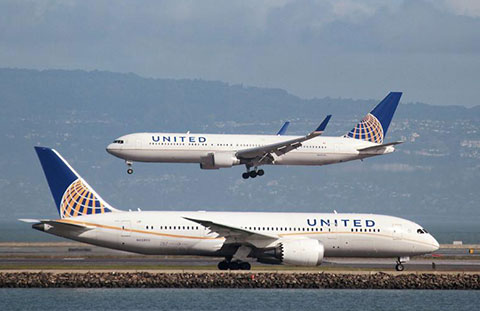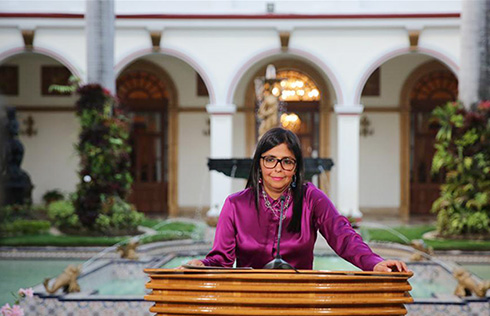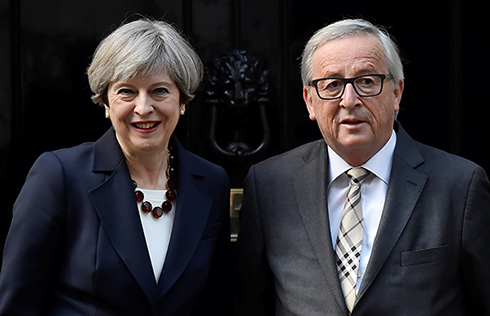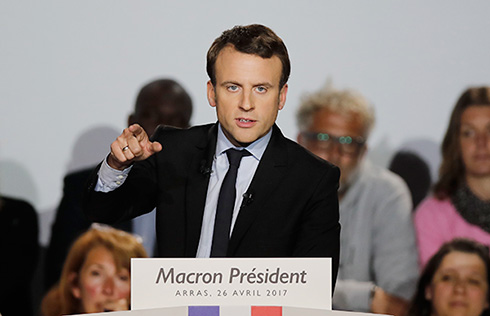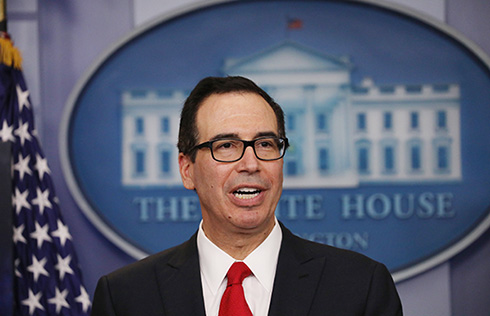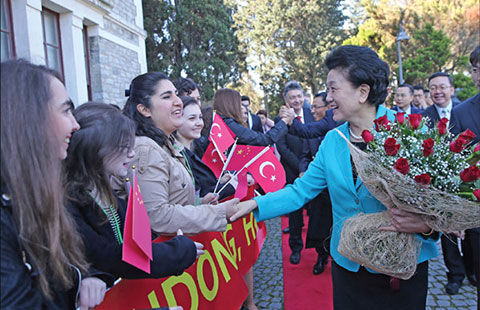Geopolitics cast shadow over Abe-Putin talks
Tokyo - Japanese Prime Minister Shinzo Abe said on Thursday he plans to forge ahead with efforts to bolster economic activities with Russia despite a long-standing territorial dispute with the country.
Abe is due to meet President Vladimir Putin in Moscow this week, but analysts say their talks will take place against a backdrop of other pertinent global matters that will also have to be traversed before any significant headway is made.
The territorial dispute over four islands off Hokkaido, however, remains the main sticking point between Tokyo and Moscow.
Russia, who administers the islands, maintains that the islands that they refer to as the Southern Kurils are their territory with Russian leaders repeatedly referring to the area as a strategic region of Russia.
Abe and Putin have both stated and agreed in principle, however, that it is unusual that both countries have not signed a postwar peace treaty due to the spat, and have agreed to discuss the matter candidly going forward.
But progress in this respect has been sluggish owing to geopolitical stumbling blocks as well as the firm belief on both sides that, while the absence of a peace treaty is an anachronism, many complexities on the issue remain.
Putin has said he considers the 1956 Japan-Soviet Joint Declaration, which stipulates the transfer of two islands to Japan to be "rules that should be put into the foundation of a peace treaty".
As for the two other islands' transfer, he has said there remains "too many questions about this issue", and that returning all four islands to Japan would be going outside the bounds of the 1956 declaration.
For Japan's part, it has long insisted that its sovereignty over all four of the islands be confirmed before a peace treaty is signed.
But economic cooperation, since a summit held between the two leaders in December, remains high on both countries' agendas. Collaborative activities in areas such as fisheries and tourism were already discussed, with the crux of the intended collaboration being that neither side's claim to sovereignty should be undercut.
It is such cooperation that Tokyo and Moscow hope will eventually lay the foundation for enhanced relations and, thereafter, could create an atmosphere amicable enough in which the territorial dispute and peace treaty could be tackled head on.
But the road ahead in this regard remains tricky, as the isles have strategic value for Russia, guaranteeing its navy access to the western Pacific, while top of Japan's security agenda is always its ally, the United States.
It is a point of contention Putin has previously raised with Abe, regarding the growing presence of the US in Asia, with Russia also believing that certain moves on Tokyo's part, such as its missile defense system, is disproportionate to perceived regional threats.




